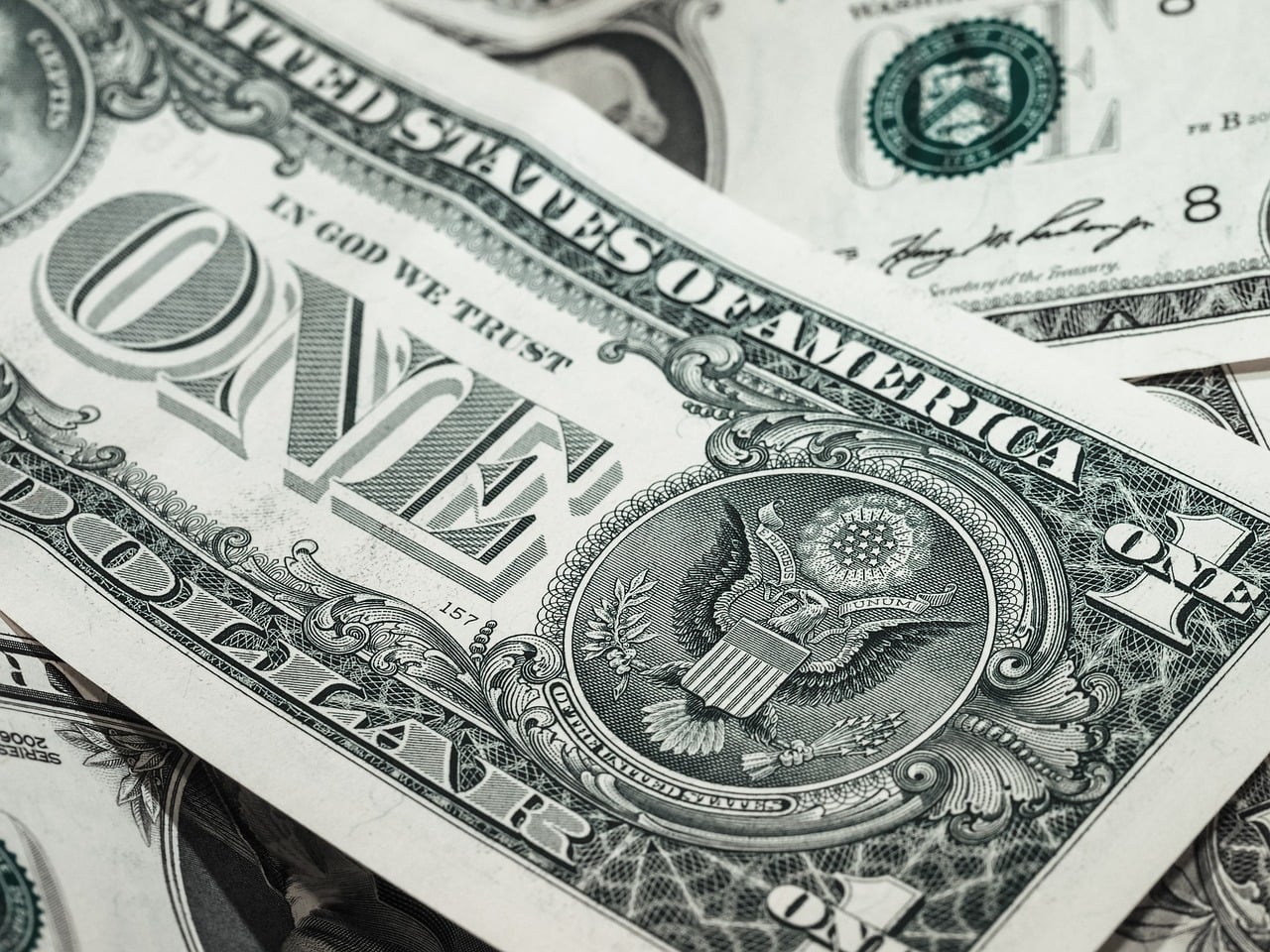Can money buy love? Many people would claim it can’t. However, a recent survey by Shepherds Friendly has suggested that money can impact a relationship significantly.
The survey looked at relationships of people while they are “dating” or “during a relationship”, and asked questions that are sometimes referred to as “taboo”. They then asked a relationship expert to comment on what these results might mean.
Dating
The survey found that 36.1% of women and 22.4% of men think “money plays a part in how attractive they find a partner”. Relationship expert, Dr Becky Spelman says this could be as men are traditionally seen as providers or the family: “Consciously or subconsciously, women sometimes still look for indications that a man would be able to care for her – and possibly, her children too”.
Only 9.56% of men aged between 45-59 agreed that “money plays a part in how attractive they find a partner”. Dr Becky Spelman said “the statistics suggest that the financial pressures tend to have eased for men aged between 45-60 before old age brings its inevitable health problems to men over 60”.
Many people have different perceptions of who should pay on date night. Some people feel that men should pay, some believe you should split, and some believe it is whoever earns the highest. Shepherds Friendly’s research found that 68.3% of men agreed to the statement that “men should pay on a date night”, versus only 41.9% of women who agreed.
Interestingly, when asked whether you should split the bill on date night, 56.1% of women agreed that couples should versus only 28.5% of men who agreed. In the age group of 18-29, a staggering 76.4% of women agreed that couples should split the bill on date night.
Dr Spelman commented: “Men paying on a date night is a traditional attitude that springs from the simple fact that our society has come from a very patriarchal past. Men still want to pay even though things have changed a lot in society, and this could be a way of exercising some control in a relationship. Over three quarters of women aged 18-29 feel that couples should split the bill, which indicates that younger women have grown up in a society where they feel more secure and able and less inclined to look to male partners for financial security”.
In a relationship
When in a relationship, the survey asked if people agree or disagree with the statement “Salaries are personal information, and not to be shared with partners”. The survey found that only 9.1% of men and 13.3% of women agreed. Therefore, most people are happy for their partner to know how much they earn.
The relationship expert explained “in the early stages of a relationship its normal to want to keep our cards close to our chest. However, if a couple is thinking of getting serious, it is important to share vital information that is relevant to them as a unit”.
They also asked whether people agree that “individuals are not responsible for their partners debt”. The results found that 24.4% of men agree, compared to 31.4%. Additionally, when asked if they agreed with “Bankruptcy equates to the end of a relationship, 11% of men agreed, compared to 10.4% of women. Dr Spelman said “The number of people who would split up with their partner in the case of bankruptcy is very close to the number who don’t believe in sharing financial information with their partner. The irony is that a reluctance to share financial information can be a contributing factor to bankruptcy, as people may feel under pressure to appear wealthier than they are, and spend money they don’t have. Lasting relationships are built on honesty and trust, and that includes financial honesty.
What are your perceptions of the power of money in relationships?
You can discover more interesting results about the power money can hold on relationships here.





